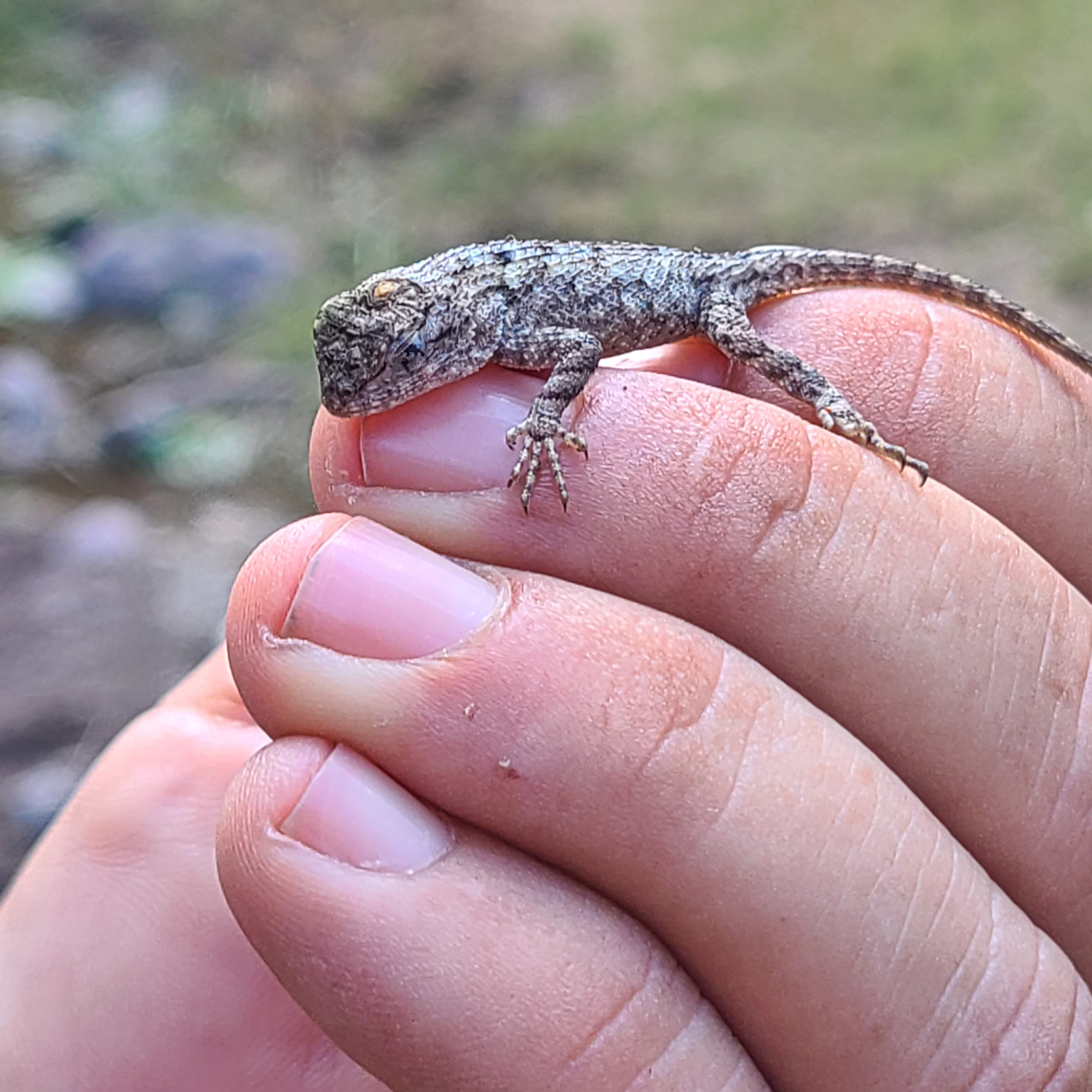Global Discovery Expeditions
Madrean Discovery Expedition

Global Discovery Expeditions is dedicated to exploring, studying, and protecting key biodiversity hotspots facing imminent threat and loss by providing the initial key step in conservation – the observation and recording of living species within an ecosystem. It is the natural expansion of the Madrean Discovery Expeditions program that has been studying a series of unique ecosystems that range from New Mexico and Arizona to Mexico for over 10 years.
Vietnam is one of the 16 most biodiverse countries in the world and for the past couple of years Greater Good Charities has been supporting conservation activities to aid trafficked pangolins within the country through its collaboration with a top Vietnamese conservation organization, Wildlife At Risk. Global Discovery Expeditions focuses on regions that need either a baseline survey or a continuing assessment of local plants and animals to characterize the existing biodiversity of the area. Currently, Vietnam needs survey assistance with its 13,000 species of land-based plants, more than 10,000 species of land-based animals, 39 types of wetlands, 20 marine ecosystems, and more than 11,000 marine species. This past June, Greater Good Charities had three scientists participating in the survey, accompanying eight Vietnamese scientists, who represent a variety of specialties, with a goal of obtaining over 1,000 records to be added to the Global Discovery Expeditions’ database. We are planning more expeditions to Vietnam in the near future.
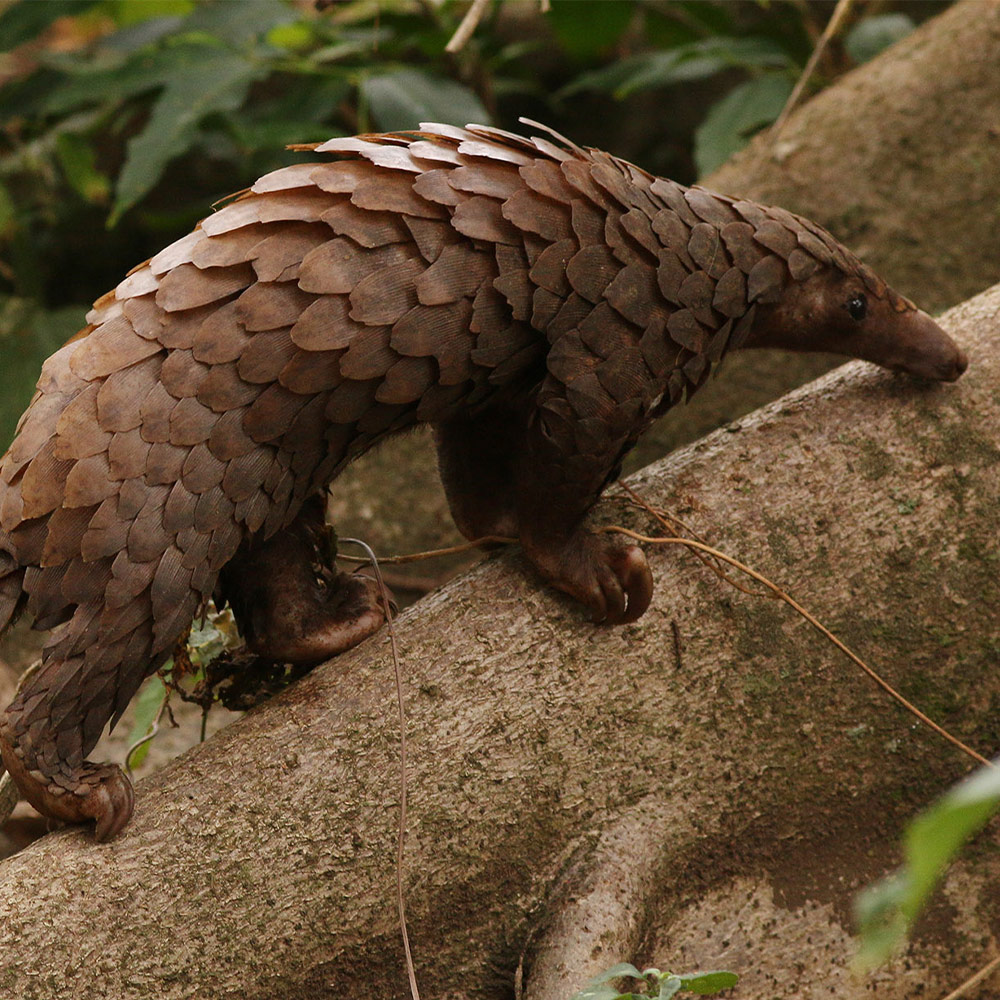
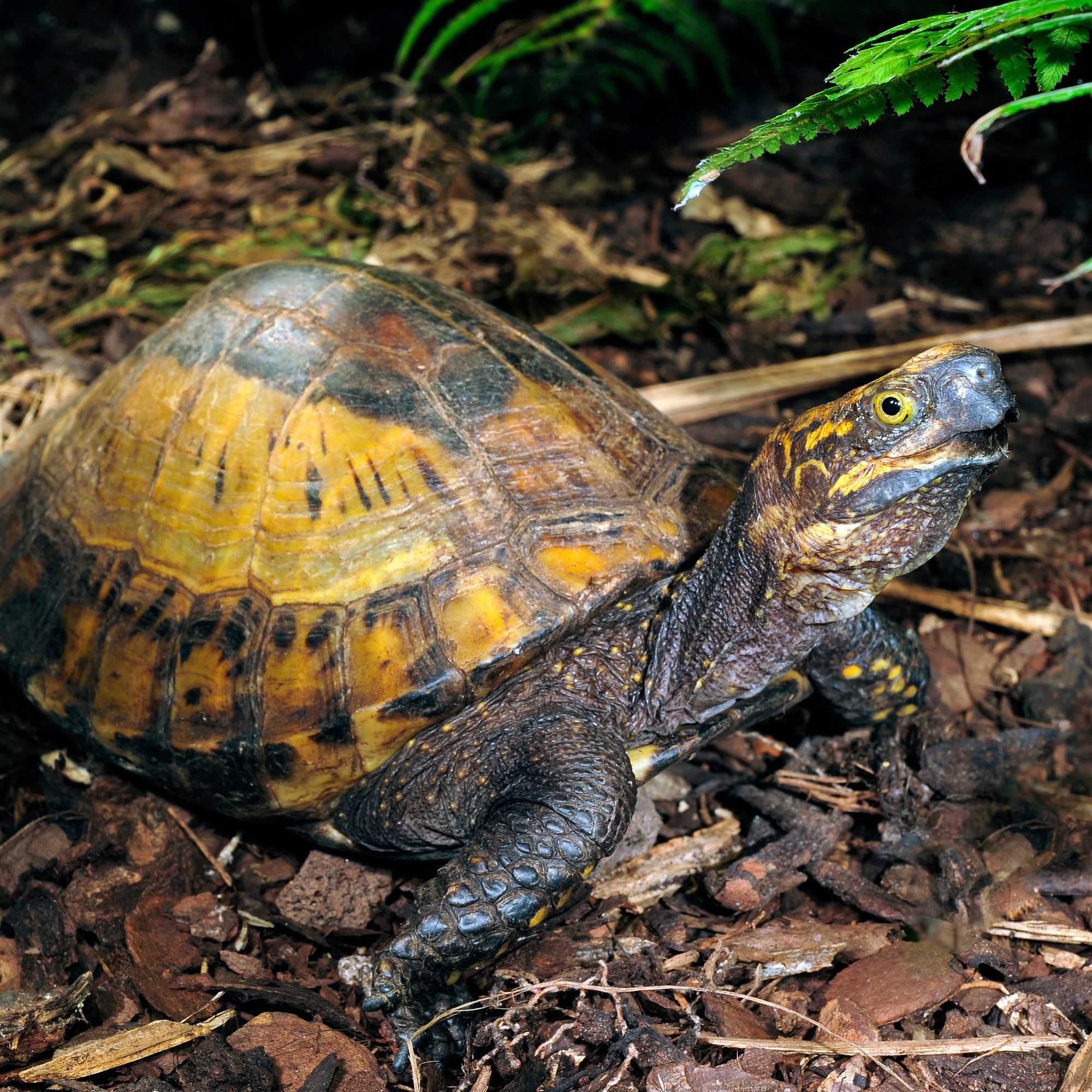
Throughout the year, groups of uniquely qualified and multinational scientists come together to observe and collect scientific data of a specific area’s native plants and animals. On each of these expeditions, scientists will observe about 1,000 animals and plants to protect the biodiversity hotspot. As they gather this data, it will be added to a public database with the purpose of using this information for current and future research, environmental education, and habitat protection.
The Madrean Sky Islands, also known as the Madrean Archipelago, are a series of 57 isolated mountain ranges that stretch from Arizona and New Mexico to Sonora, Mexico. Each Sky Island contains a plethora of miniature ecosystems, making them some of the most biologically rich and diverse regions around the world.
These hot spots are home to more than a hundred mammals ranging from elusive jaguars and ocelots to endangered bats, turtles, butterflies, lizards, and more.
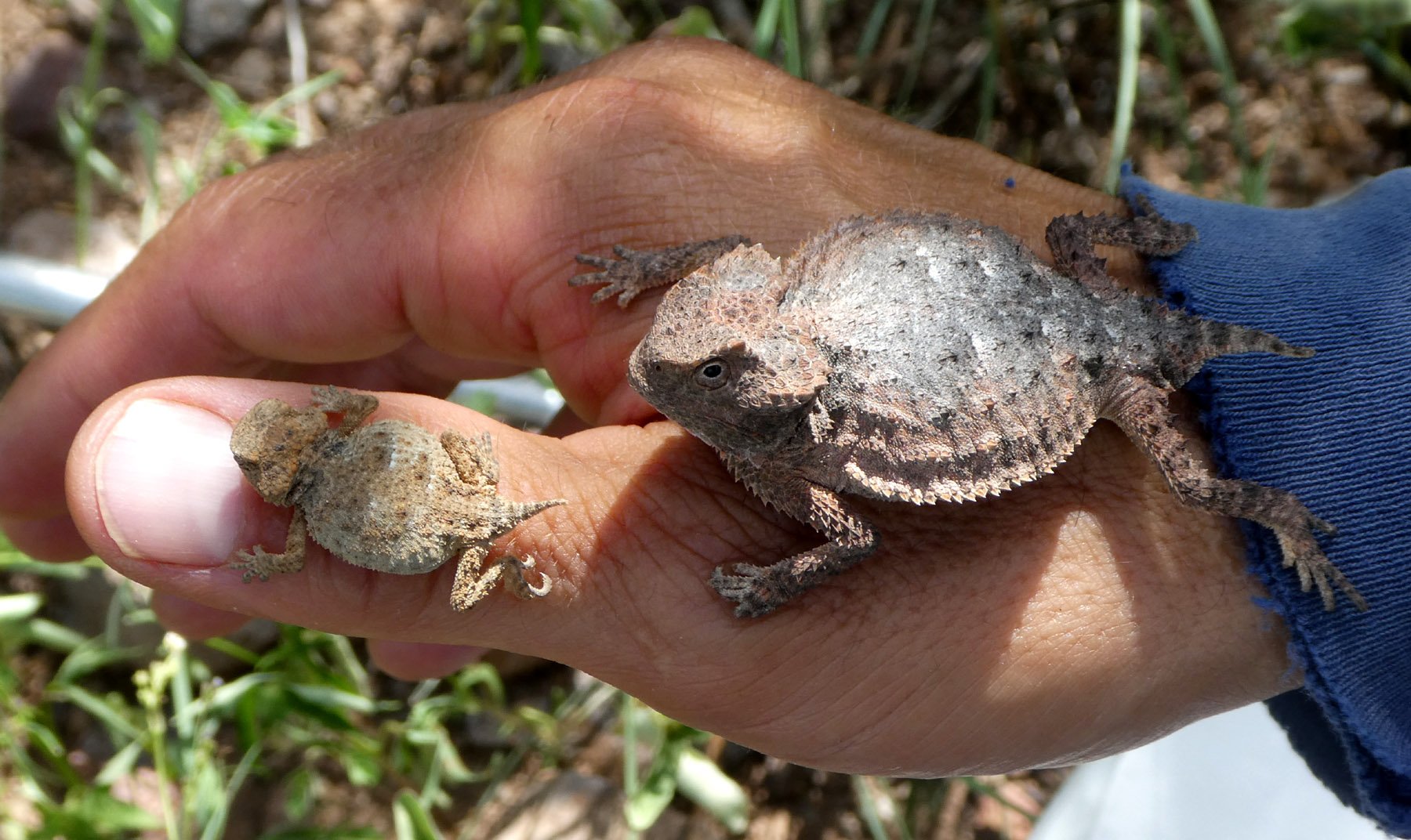
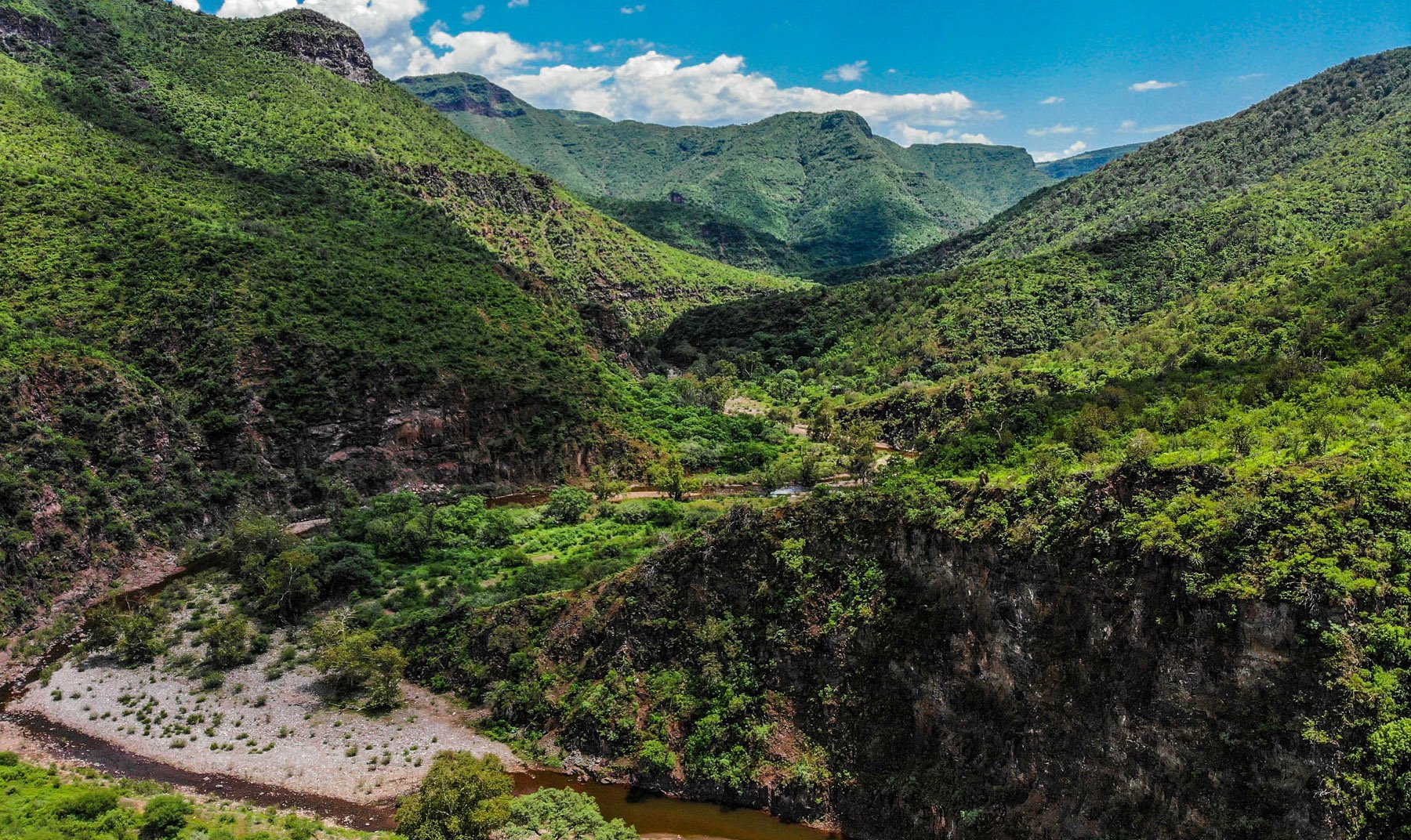
Sky Islands are isolated mountains surrounded by radically different lowland environments. Pine-oak forests sit on each mountaintop in the Madrean Sky Islands, but they are located in and surrounded by the hot and arid deserts of the Sonoran Southwest. That's what makes them so unique.
Unfortunately, the ecosystems located in Mexico are vastly understudied, endangering the land and species that exist there. We work to spread awareness about these areas by visiting the students closest to them.
The Madrean Education Program encourages older students to get involved with the scientists on vital expeditions, and inspires younger students to engage in their surrounding ecosystem.
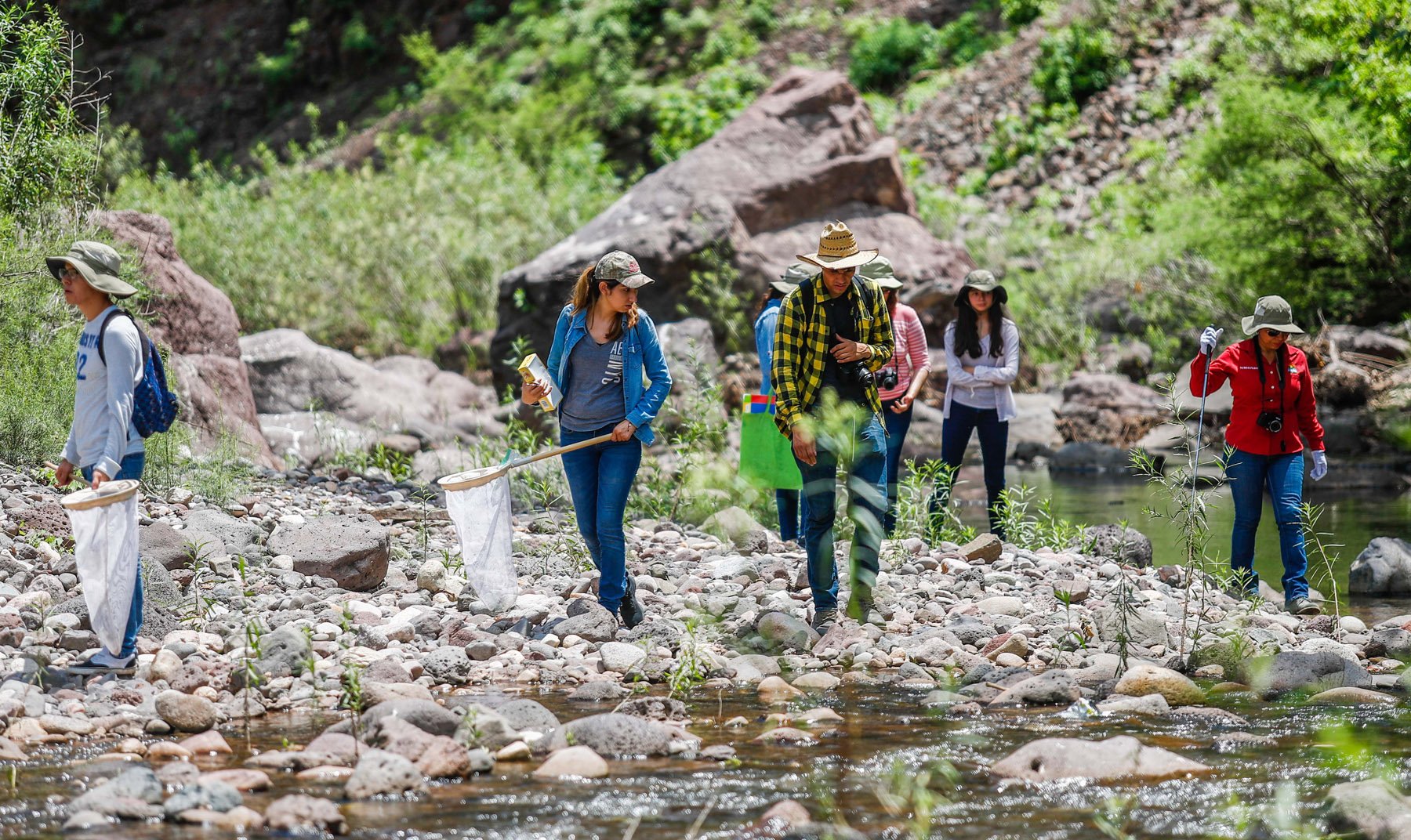
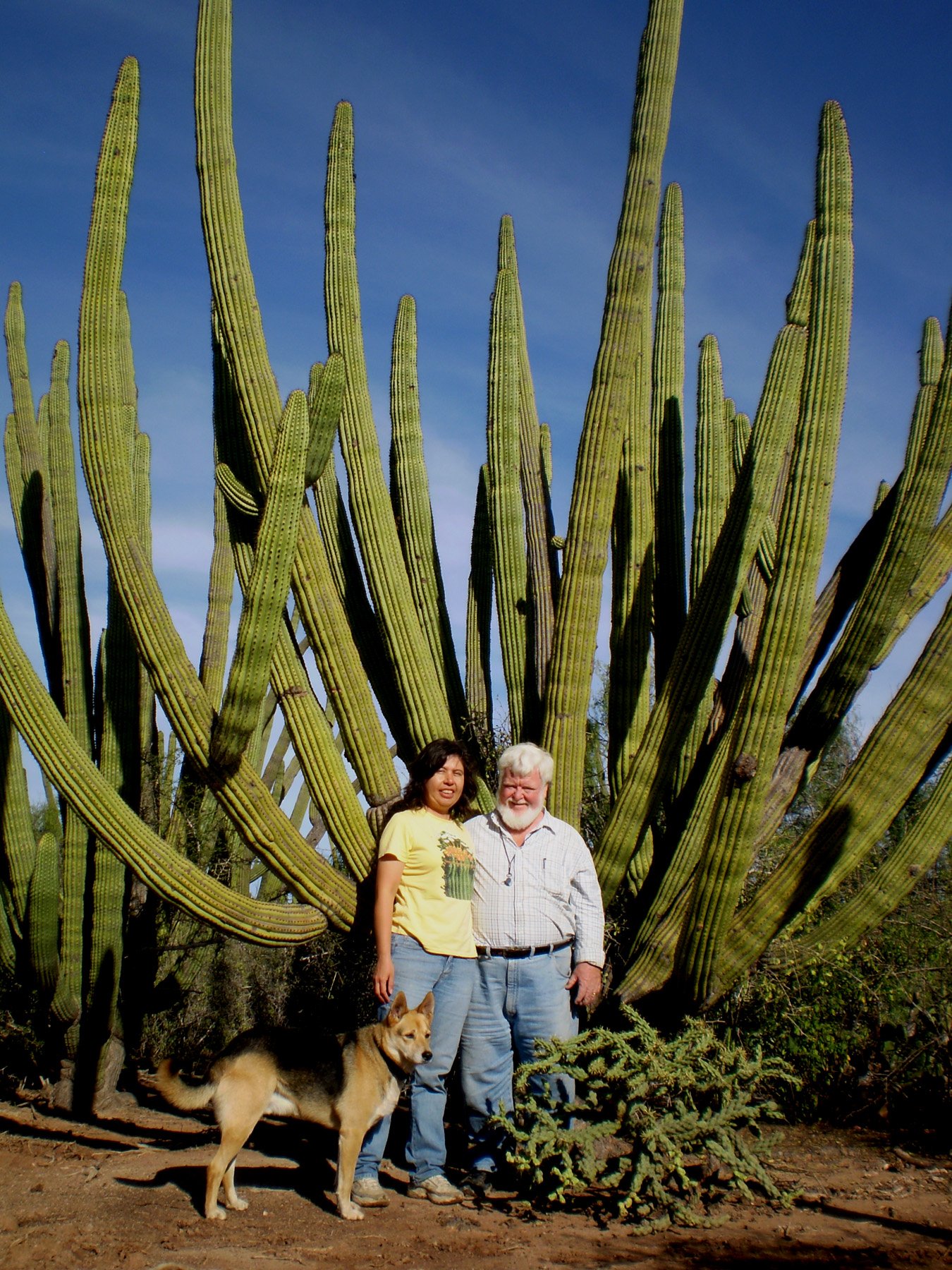
Thomas R. Van Devender was the Senior Research Scientist at the Arizona-Sonora Desert Museum for 25 years, where he conducted natural history research. He has published well over a hundred publications on a range of topics, including natural history, paleoecology, desert grasslands, desert tortoise ecology, and more.
The first step in conservation is the observing, studying and recording of a region’s flora and fauna. Without this critical piece, a region’s plants and animals cannot be accurately protected.
Twice a year, a multinational group of scientists, land managers, students, and photographers embark on a multi-day expedition to one of the understudied Sky Island mountain ranges in Sonora. Global Discovery Expeditions’ scientific team also conducts one mini-expedition to an additional Sky Island each year. Each day, the group observes and records the findings within the natural habitat. So far, there have been a total of 38 expeditions to 24 Sky Islands that have been observed and recorded by the Global Discovery Expeditions team, but our ultimate goal is to visit and document all 57 islands.
In late June 2023, Global Discovery Expeditions expanded to Vietnam to study key ecosystems at the Sao La Nature Reserve, a globally recognized key biodiversity area in the Thua Thien-Hue province on a northern flank of mountains that are part of the Annamite Mountain chain. We had three scientists participating in the survey to accompany five Vietnamese scientists, who represented a variety of specialties. In early 2024, we have included the Dong Son-Ky Thuong Nature Reserve in Vietnam and a trip to Sonora, Mexico.
In 2024, Greater Good Charities expeditions to Sonora, Mexico will explore new areas to make the growing database more robust and tentatively two more expeditions planned to visit Sonora in late 2024.
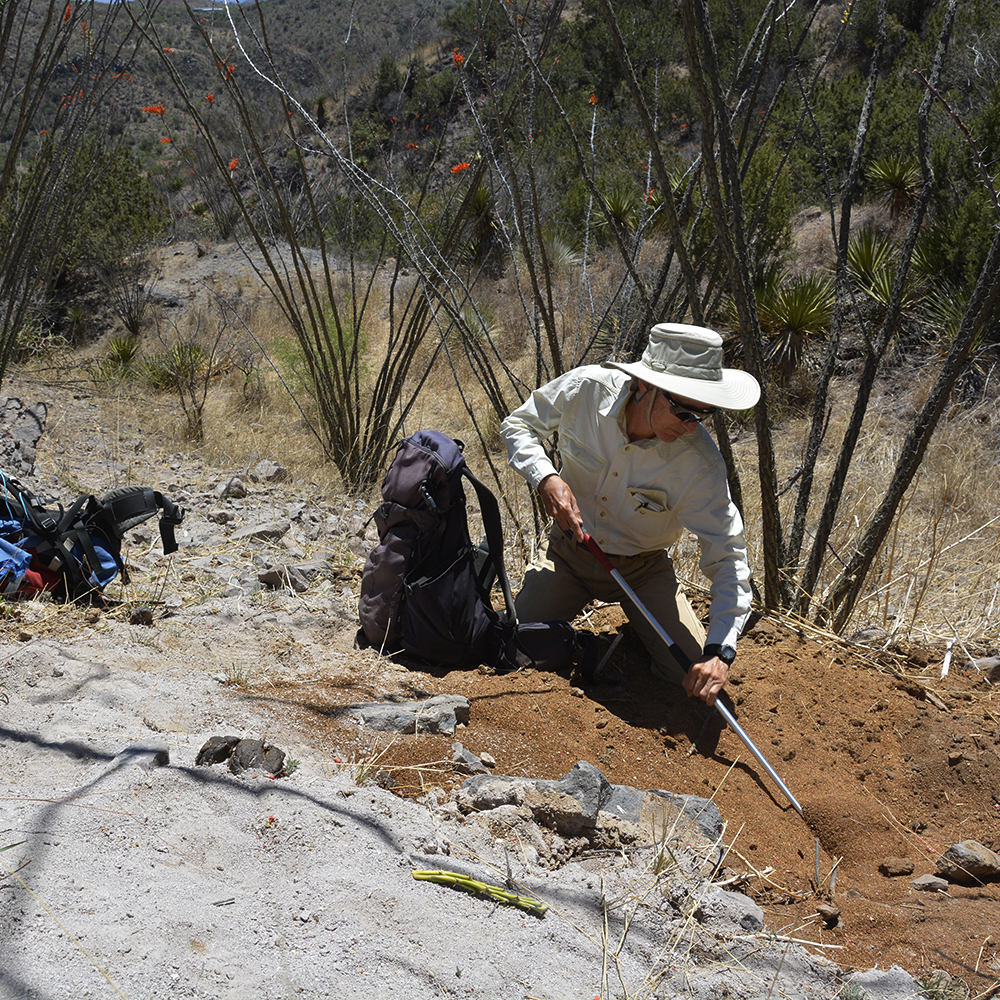
The Madrean Education program brings knowledge of the Global Discovery Expeditions and the natural history of Sonora directly to the local community. By educating local students and involving communities in expeditions and conservation efforts, the fragile Sky Island ecosystems have a greater chance to survive and thrive.
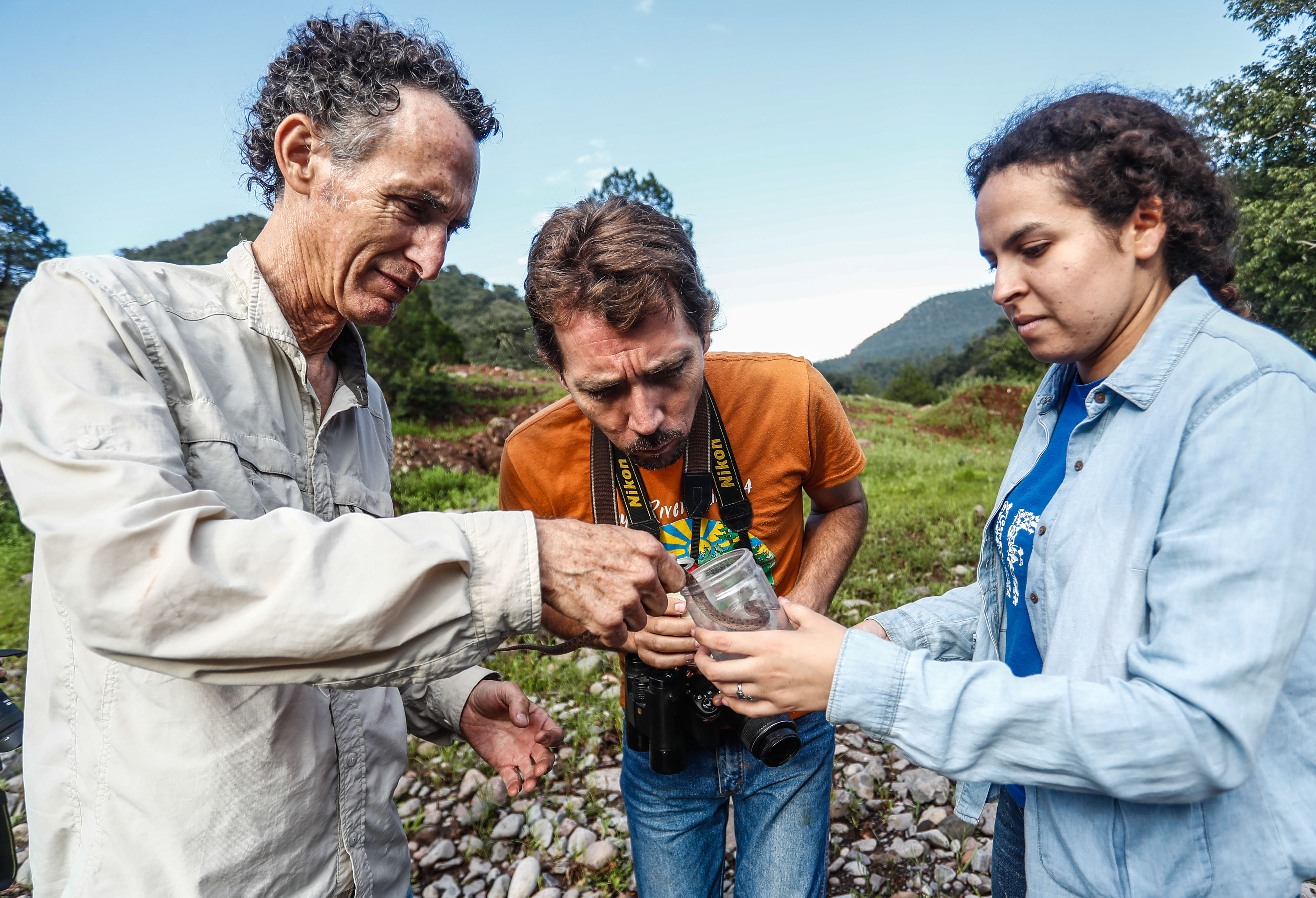
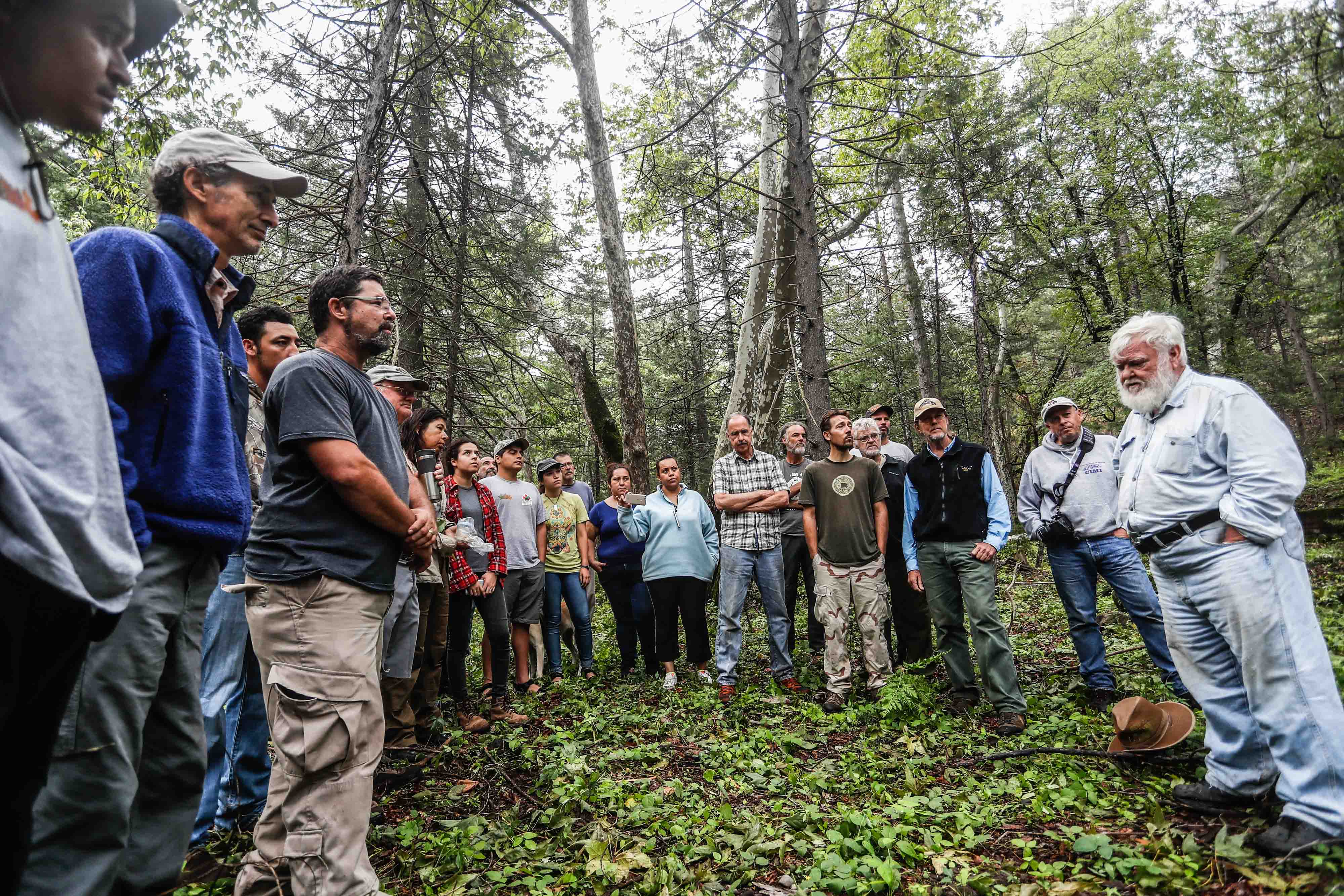
Madrean education encourages older students to get involved with the scientists on vital expeditions, and works with younger students to inspire students to understand and engage in their surrounding ecosystem. Environmental education specialists bring hands-on learning and experiences to rural middle and high schools. These visits include a biodiversity presentation, natural history of Sonora booklets, hummingbird feeders, seeds for butterfly gardens, and bird field guides. Each classroom bubbled with excitement, as this was the first time that any of the schools had environmental education presentations from visitors. By teaching students about the plants and animals in their own backyard, the next generation of environmental leaders in Sonora is beginning to blossom!
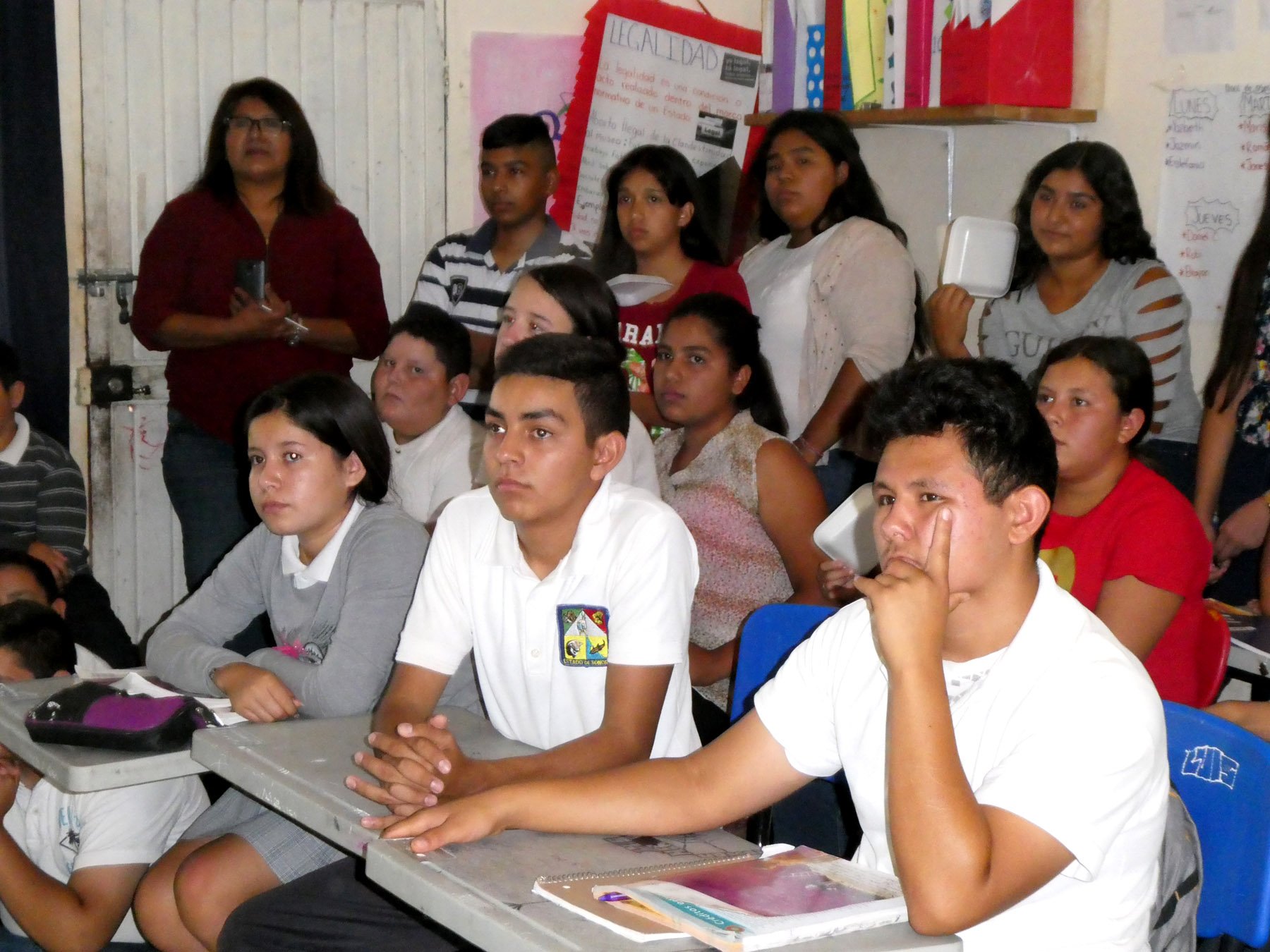

Lorem ipsum dolor sit amet, consectetur adipiscing elit, sed do eiusmod tempor incididunt ut labore et dolore magna aliqua. Ut enim ad minim veniam, quis nostrud exercitation ullamco laboris nisi ut aliquip ex ea commodo consequat. Duis aute irure dolor in reprehenderit in voluptate velit esse cillum dolore eu fugiat nulla pariatur. Excepteur sint occaecat cupidatat non proident, sunt in culpa qui officia deserunt mollit anim id est laborum.
Access our database compiled from years of expeditions and research. The findings from our expeditions are stored in this public database and used to identify new species, advocate for land conservation, and establish new protected areas. We make this information completely free to the public so we can spread awareness for these unique species. The database contains a total of over 61,000 records and has been used as a reference in scientific publications over 60 times.
As we expand to areas like Vietnam, scientists will have about 1,000 observations on animals and plants to include in the database. These records will protect the biodiversity hotspot.
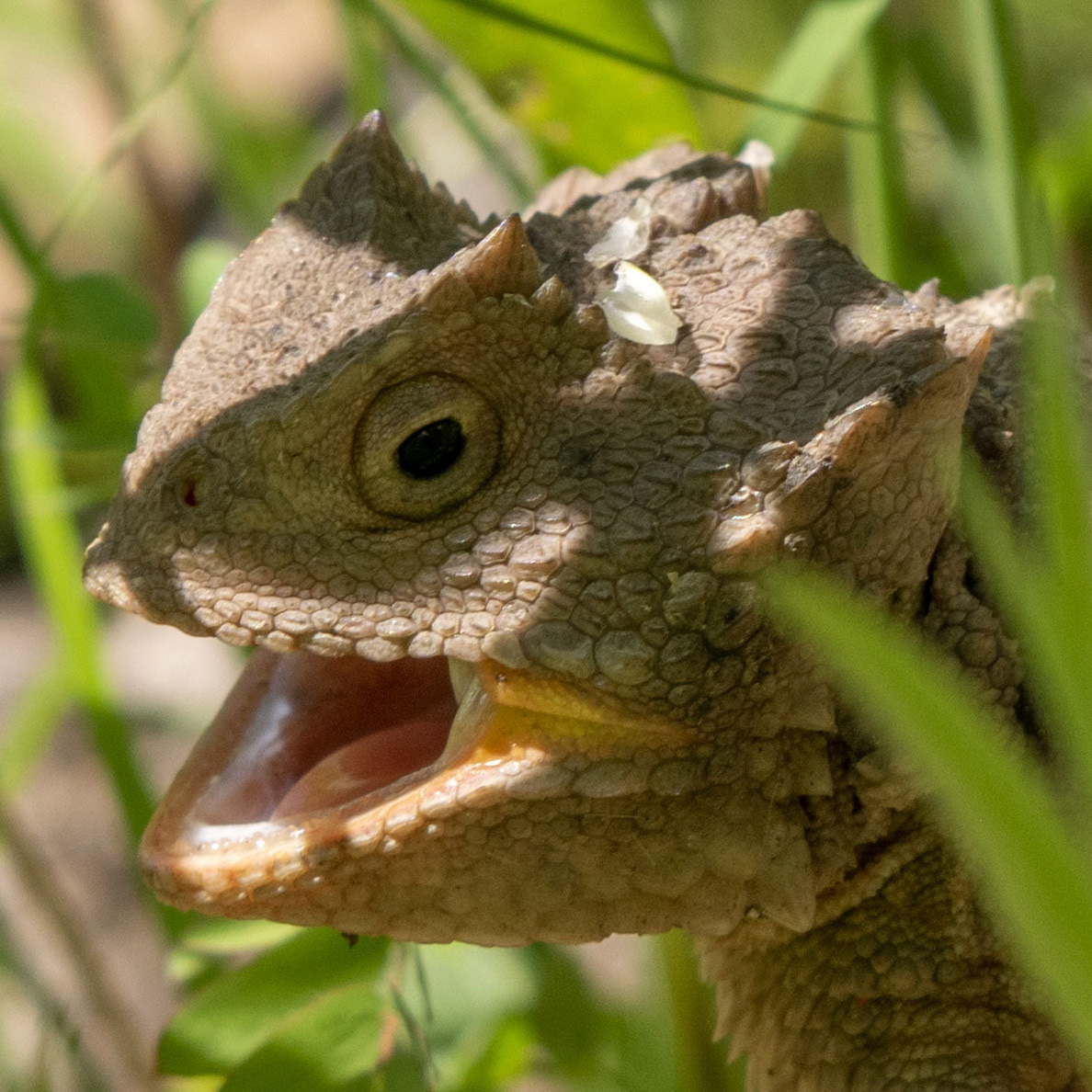
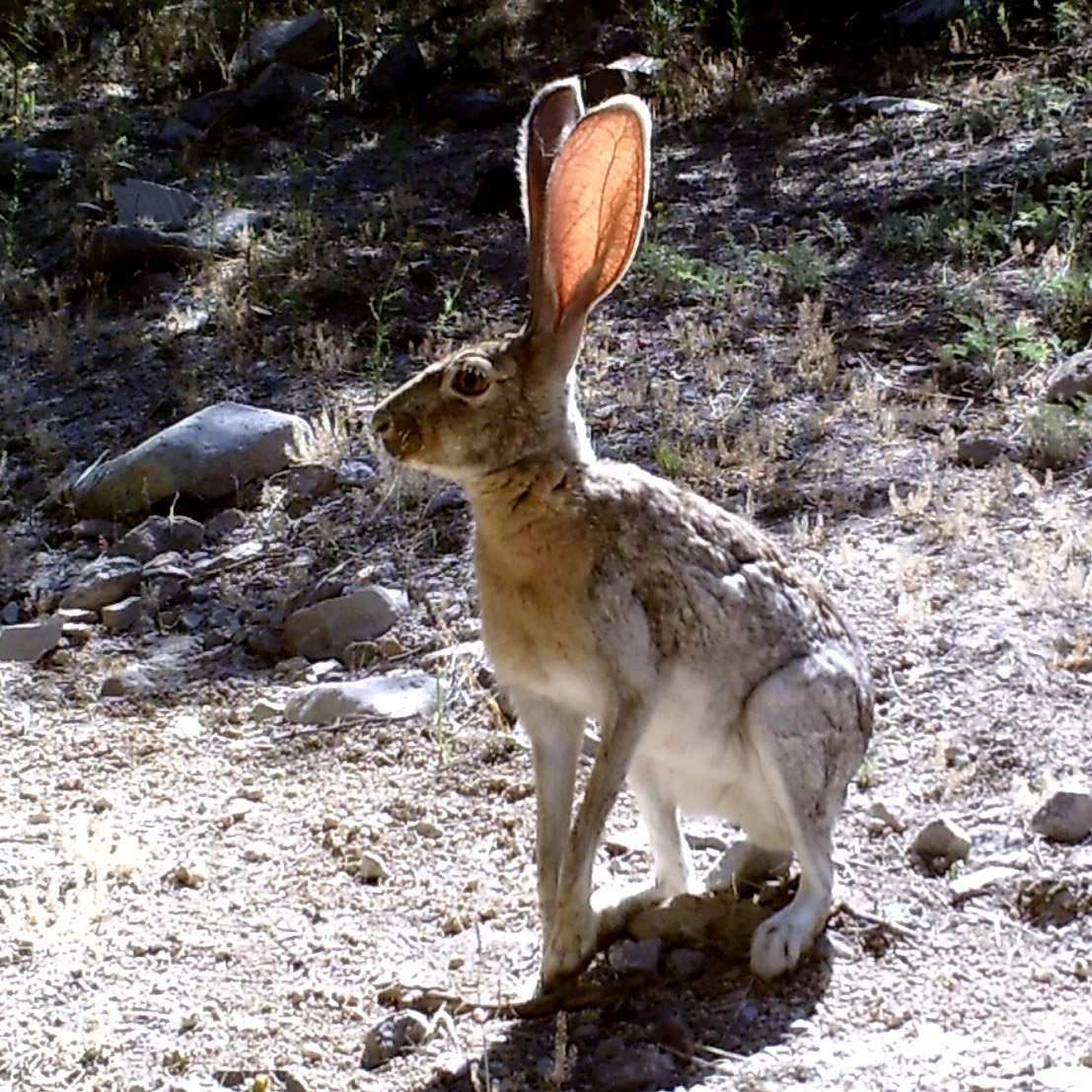
The Global Discovery Expeditions Wildlife program records secretive and nocturnal mammals in high priority areas using wildlife cameras. We currently have 45 active Global Discovery Expeditions Wildlife camera studies underway in 7 mountain ranges, 5 ranches, and the Mesa Tres Ríos. These studies have also provided records to the Global Discovery Expeditions database, including 3 new localities for the jaguar and 15 for ocelots. These cameras are crucial for studying the Sky Islands and verifying species records before adding them to our database.
contact@greatergood.org
520-441-9067
600 University St Suite 1000,
Seattle, WA 98101 US


